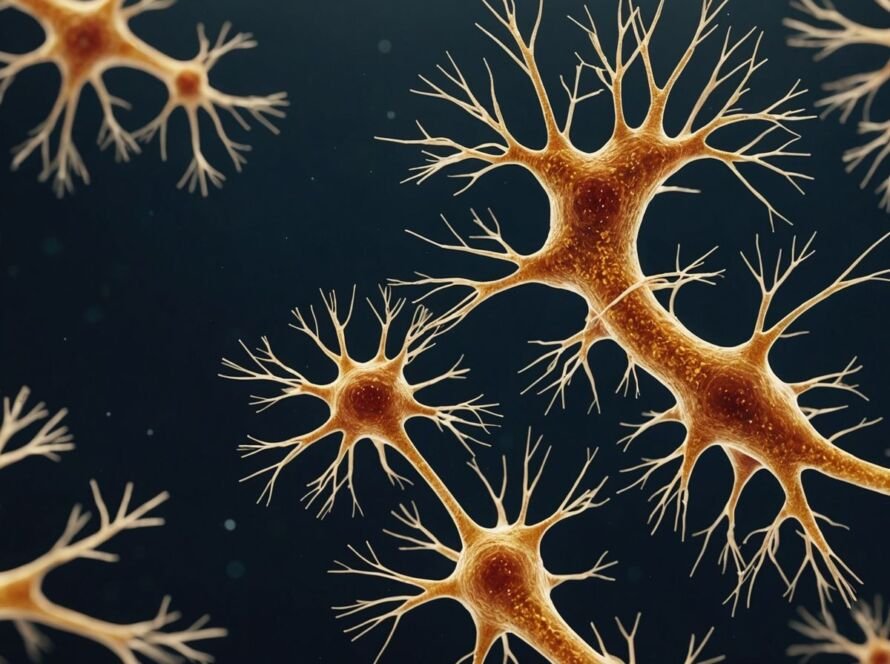A recent study from the University of Colorado Boulder has found that proteins left behind by COVID-19 in the brain can significantly lower cortisol levels, leading to increased inflammation and an exaggerated response to stressors. This discovery could help explain the persistent neurological symptoms experienced by Long COVID patients.
Key Takeaways
- COVID-19 proteins in the brain can reduce cortisol by over 30%.
- Lowered cortisol leads to increased brain inflammation and stress response.
- Findings suggest new strategies for managing Long COVID symptoms.
The Study
Researchers at the University of Colorado Boulder conducted a study to explore how COVID-19 proteins impact the brain and nervous system. They injected an antigen called S1, a subunit of the virus’s spike protein, into the spinal fluid of rats. The results showed a significant drop in cortisol-like hormone corticosterone levels in the hippocampus, a brain region associated with memory, decision-making, and learning.
After seven days, corticosterone levels in the rats exposed to S1 had plummeted by 31%, and after nine days, levels were down by 37%. This reduction in cortisol is significant because cortisol is a critical anti-inflammatory hormone that helps regulate various bodily functions, including blood pressure, the sleep-wake cycle, and the immune response to infection.
Implications for Long COVID
The study’s findings suggest that low cortisol levels could be a key factor driving the physiological changes seen in Long COVID patients. Previous research has shown that SARS-CoV-2 antigens linger in the bloodstream of Long COVID patients for up to a year after infection and have been detected in the brains of deceased COVID patients.
In another experiment, researchers exposed different groups of rats to an immune stressor and observed their heart rate, temperature, behavior, and the activity of immune cells in the brain. The rats previously exposed to the COVID protein S1 showed a much stronger response to the stressor, with more pronounced changes in eating, drinking, behavior, core body temperature, and heart rate. They also exhibited more neuroinflammation and stronger activation of glial cells, the brain’s immune cells.
Future Directions
While the study was conducted on animals, the researchers believe that similar processes could be occurring in humans. They theorize that COVID antigens lower cortisol levels, which normally help keep inflammatory responses in check. When a stressor arises, the brain’s inflammatory response is unleashed without those limits, leading to serious symptoms like fatigue, depression, brain fog, insomnia, and memory problems.
Lead author Matthew Frank, PhD, suggests that cortisol treatments alone may not be effective for Long COVID, as they do not address the root cause and come with side effects. Instead, identifying and minimizing different stressors and rooting out the source of antigens, including tissue reservoirs where bits of the virus continue to hide, might be more effective strategies for managing symptoms.
The study was funded by the nonprofit PolyBio Research Foundation, and more research is underway to further understand the neurobiological mechanisms behind Long COVID.
"There are many individuals out there suffering from this debilitating syndrome. This research gets us closer to understanding what, neurobiologically, is going on and how cortisol may be playing a role," said Frank.
Sources
- Long COVID Linked to Brain Inflammation and Low Cortisol – Neuroscience News, Neuroscience News.
